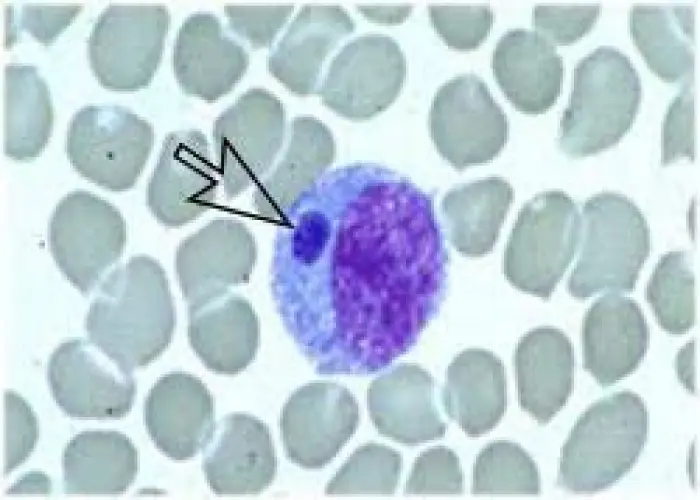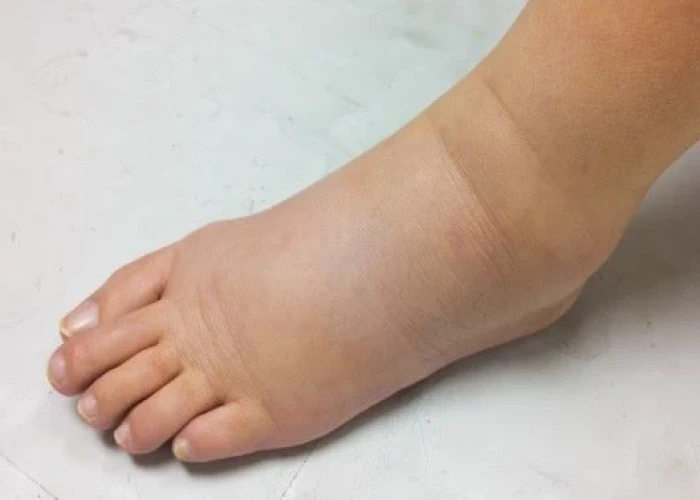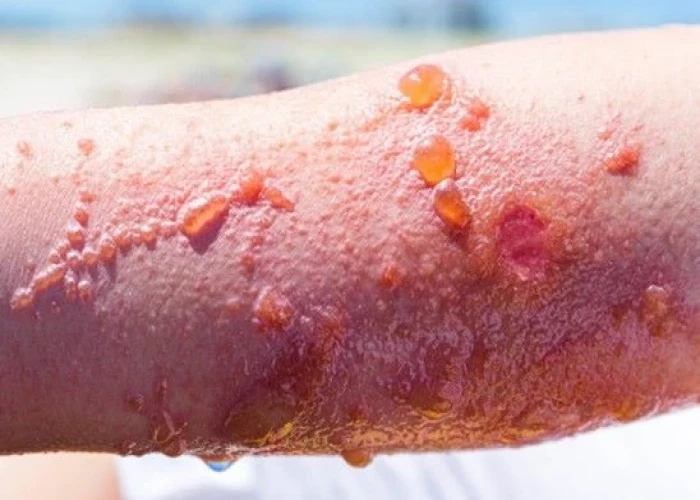 Welcome
Welcome
“May all be happy, may all be healed, may all be at peace and may no one ever suffer."
Soy allergy

Soy allergy is an immune system reaction to proteins found in soybeans. Soy is a common ingredient in many food products and can be found in a variety of forms, including soybeans, soy milk, soy sauce, tofu, and edamame.
Symptoms of soy allergy can range from mild to severe and may include skin reactions such as hives or itching, digestive symptoms such as nausea or vomiting, and respiratory symptoms such as wheezing or difficulty breathing. In rare cases, soy allergy can cause a life-threatening reaction known as anaphylaxis.
Diagnosis of soy allergy is typically done through a combination of medical history, physical exam, and allergy testing. If soy allergy is suspected, an allergist may recommend a skin prick test or a blood test to determine if a person is allergic to soy.
The primary treatment for soy allergy is avoidance of soy-containing foods and products. This may involve reading food labels carefully, avoiding foods that contain soy or soy protein, and carrying an epinephrine auto-injector in case of a severe allergic reaction.
It is important to note that soy allergy can develop at any age and that people who are allergic to soy may also be at increased risk for other food allergies, such as peanut or tree nut allergies. If you suspect that you or someone you know may have a soy allergy, it is important to seek medical advice for proper diagnosis and management of the condition.
Research Papers
Disease Signs and Symptoms
- Hives
- Allergy
- Dizziness (vertigo)
- Loss of consciousness (fainting)
- Dizziness, lightheadedness or faintness
- Rapid pulse
- Red skin
- Nausea or vomiting
- Diarrhea
- Abdomen pain
- Runny nose
- Swollen tongue
- Swollen throat
- Swollen lip
- Eczema
- Dry scaly skin
- Itching or hives all over the body
- Itching
- Difficulty breathing, caused by throat swelling
Disease Causes
Soy allergy
An immune system reaction causes food allergies. With a soy allergy, your immune system identifies certain soy proteins as harmful, triggering the production of immunoglobulin E (IgE) antibodies to the soy protein (allergen). The next time you come in contact with soy, these IgE antibodies recognize it and signal your immune system to release histamine and other chemicals into your bloodstream.
Histamine and other body chemicals cause a range of allergic signs and symptoms. Histamine is partly responsible for most allergic responses, including a runny nose, itchy eyes, dry throat, rashes and hives, nausea, diarrhea, difficulty breathing, and anaphylactic shock.
Food protein-induced enterocolitis syndrome (FPIES)
A food allergen can also cause what's sometimes called a delayed food allergy. Although any food can be a trigger, soy is one of the more common in children. The reaction, commonly vomiting and diarrhea, usually occurs within hours after eating the trigger, rather than minutes.
Unlike some food allergies, FPIES usually resolves over time. As with typical soy allergies, preventing a reaction involves avoiding foods with soy.
Disease Prevents
Soy allergy
There's no way to prevent a food allergy. If you have an infant, breast-feeding instead of using a soy-based or milk-based formula may help.
If you're allergic to soy, the only way to avoid a reaction is to avoid soy products. It's not always easy to know which foods contain soy, a common ingredient in many foods.
Read food labels carefully. Soy is often present in unexpected foods, including canned tuna and meat, baked goods, crackers, energy bars, low-fat peanut butter, and canned soups. Read labels every time you buy a product, because ingredients can change. Also, check for the statement "contains soy" or "may contain soy" on product labels.
Highly refined soy oil may not cause a reaction because it doesn't contain soy proteins. Similarly, you might not react to foods that contain soy lecithin. But generally, if a label includes the word "soy," avoid it. Products to avoid include, but are not limited to:
- Soy milk, soy cheese, soy ice cream and soy yogurt
- Soy flour
- Tofu
- Miso
- Natto
- Shoyu
- Tempeh
- Soy sauce and tamari
- Edamame
- Vegetable oil, vegetable gum, vegetable broth and vegetable starch
Besides "soy," "soya" and "soybeans," other words on food labels may indicate that the product contains soy, including:
- Glycine max
- Hydrolyzed vegetable protein (HVP)
- Hydrolyzed plant protein
- Textured vegetable protein (TVP)
- Monodiglyceride
- Monosodium glutamate (MSG)
- Artificial flavoring
- Natural flavoring
Disease Treatments
Disease Diagnoses
Disease Allopathic Generics
Disease Ayurvedic Generics
Disease Homeopathic Generics
Disease yoga
Soy allergy and Learn More about Diseases

Broken foot

Prostatitis

Castleman disease

Primary ovarian insufficiency

Ehrlichiosis and anaplasmosis

Lymphedema

Erectile dysfunction

Poison ivy rash
soy allergy, সয়া এলার্জি
To be happy, beautiful, healthy, wealthy, hale and long-lived stay with DM3S.
